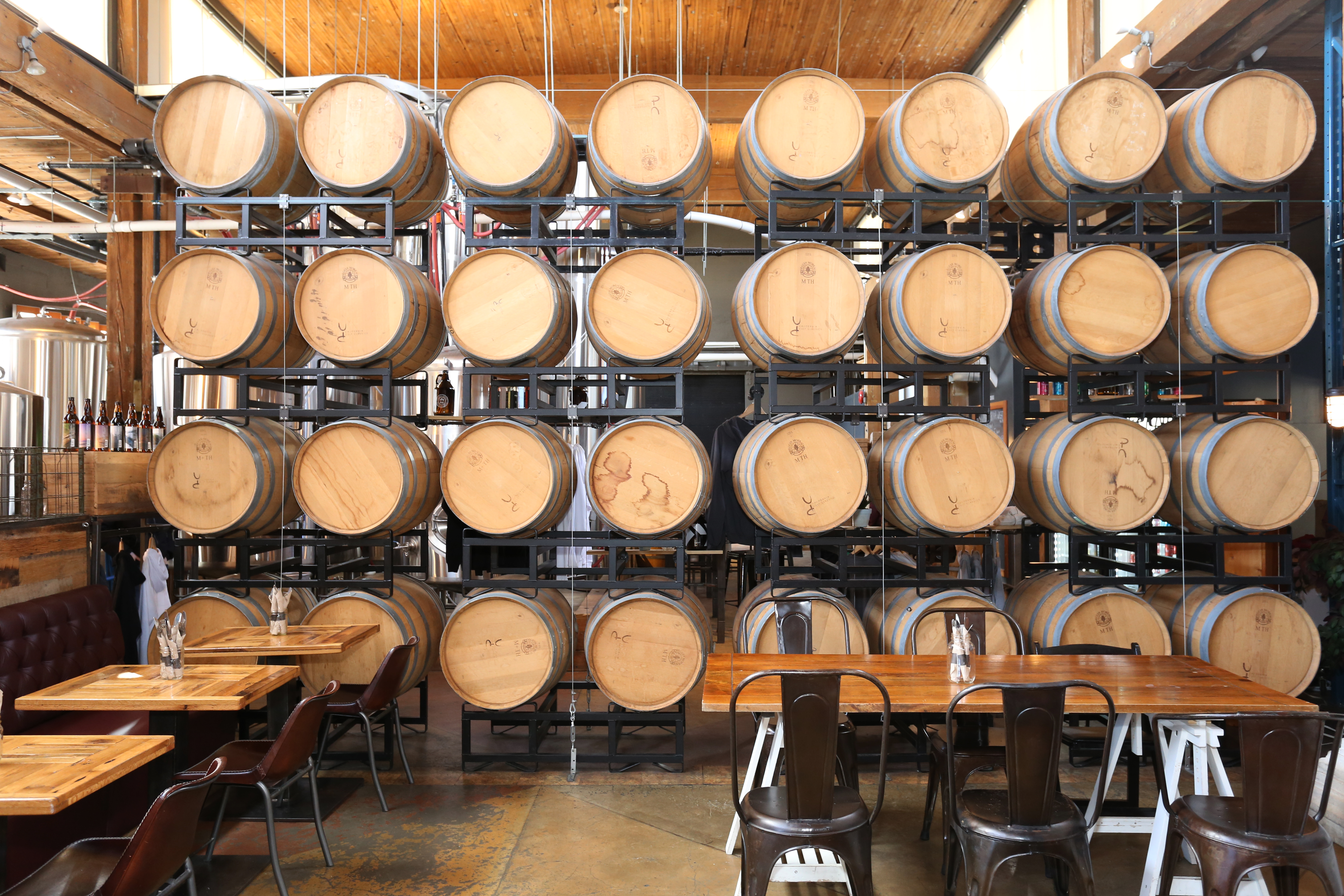
Granted, the horrible (and illegal) practice of providing money to secure a place at a drinking establishment goes well back into the 1800’s.
In 1997, when I started my career with the Oland Specialty Beer Co., it was against company policy to seal a commitment with a ‘keg deal’. In fact, our leadership team went so far as to warn us of termination if we were caught doing this. Of course, in this industry, much of what we play in is a massive ‘grey’ area and it’s quite simple to move around the legalities.
There are many ways to show support for a good customer and I firmly believe that relationships built between brewery sales people and their clients are the heart of this business. Providing a financial reward is not building a relationship, it is simply providing a benchmark that your competitors will relish in removing. A marketing fund is essentially the same as an inducement but it functions completely differently. It requires that you establish a value for the volume your customer will sell in a year. Once you’ve figured that number out, you should be able to create a calendar of events (music, promotional activity, glassware, training etc.) that will support and develop brand loyalty within that customer’s premises.
The beer market is a volatile and extremely competitive arena these days and while we were historically only used to seeing the inducement game played by larger brewers, it is not uncommon to see this uncontrolled spending in the craft sector. This is a game that you cannot win.
I’ve heard everything from $150 a keg to a deal of 1 in 3 being offered by brewers and often demanded by customers. One brewer told me that a customer of theirs actually wanted a rental fee per draught line for a year. This begs the question that if you are renting the line, do you then get access to the profits? Let me explain why this whole situation will lead to the demise of this industry in the long run.
Let’s assume a 50 litre keg costs $200 (no deposit or tax). If you factor in excise tax, provincial taxes etc., that should leave you with $100 gross profit. If you sell three kegs, this equates to a gross profit of $300. However, your deal of 1 in 3 has now cut your profit to $66.66 per keg once you factor in the free keg. Taking into consideration that the cost to distribute your beer in retail can often reach the $50-80 per hectoliter rate, you are now paying more money to have your beer listed on draught. By the way, draught beer in Canada is only 10% of the entire beer volume produced and sold.
Good old days?
Once upon a time, craft brewers never would have fathomed paying for business and therefore the larger brewers owned the market. Now, we see craft beers everywhere but are they really displacing the big brewers in the greater scheme of things. I don’t think so. They will continue to spend money acquiring draught lines and they are also hedging their bets by acquiring a series of smaller breweries which expands their portfolios.
The only way to succeed in this market is to take a different approach; One of education, knowledge and relationships. Consumers are enjoying the variety of beers available right now making the constant change of brands a necessity. However, brewer loyalty will soon become more important and having an emotional attachment to the brewery and the beer will take over from this constant stage of innovation. Money given at all cost to a licensee is not the way to succeed. You will need to hold true to your policies, ethics and morals and quite often say no.
Lastly, invest in good people. Find sales people with passion who are interested in learning and developing relationships. Pay them well with a salary and bonus and train the hell out of them. Straight commission seems like a good choice when you are starting out but this often leads to a sale with no future potential in sight and massive A/R problems down the road.
If you want to play the game, changes the rules so they meet your needs and conditions. Every financial deal you set up with a customer has its limitations and will and can be broken with the next bidder. I am still hopeful that we can build a strong beer industry together but it means we will need to think hard about the decisions we make and the strategy necessary to succeed.
Roger Mittag is the President of Thirst For Knowledge Inc. (Canada’s leading beer education company) and founder of Prud’homme Beer Certification.
